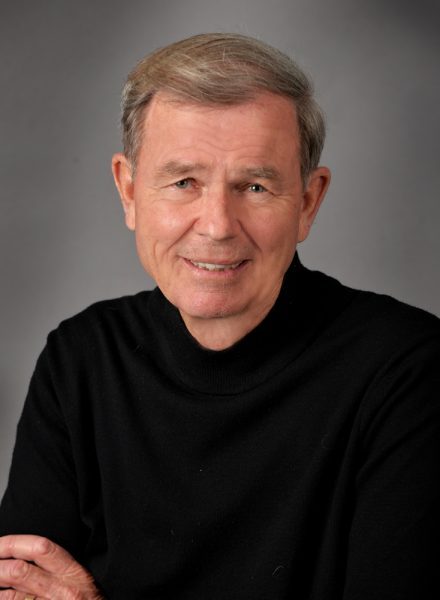Learning from Hilary

Last weekend, friends in distant places called the Beautiful Wife to see if we were okay. Meteorologists across the nation, it turned out, were dusting off their most alarming adjectives to warn of Hilary. The BW was concerned, so I got up on the roof to clean the rain gutters, which, at my age, alarmed the neighbors. Nature, as we keep learning, is unpredictable, and Hilary turned out to be well-behaved, dropping two inches of steady but mostly light rain.
Hilary is a reminder of the “unknownness” of Nature, which scientists are puzzling out at the subatomic and galactic extremes. On the sub-atomic level, we’re told, protons and neutrons form the core of atoms and are made of even smaller particles, a zoo of odd characters like quarks who come in flavors (up and down, charm and strange, top and bottom) and colors (red, blue, and green) all held together by something called gluons. Even more, in the symmetry of Nature, quarks are complemented by anti-quarks. Besides quarks and anti-quarks, there are, according to the physicists’ Standard Model, leptons that come in flavors and generations that include electrons. It goes on, and though what is known today may be wrong tomorrow, I admire the scientists trying to sort it all out. They are, it seems, exploring the face of God.
Now consider the galactic dimension. The vast array of stars we see at night is a tiny part of our Milky Way galaxy, with an estimated 200 billion stars and uncounted planets. How many galaxies are there? The Hubble Space Telescope has revealed a hundred billion or so, but it’s just getting started; others estimate up to two trillion. Hubble also revealed that the universe, believed to have started with a Big Bang, is not only expanding but the growth is inexplicably speeding up. The force behind this is unknown but thought to come from “dark energy.”
There’s also something called “dark matter.” Scientists say the observable mass of the universe is only about one-sixth of that needed to hold the galaxies together, so they’re looking for something they’ve named “dark matter.” Which leads to “black holes,” with a mass so dense light can’t escape their gravitational field. Like the sub-atomic world, the universe is still largely unknown, and what we know today will likely be obsolete tomorrow. It seems the astronomers, like the subatomic physicists, are also searching for the face of God. It’s a good thing, our search for knowledge, but perhaps it’s also good to humbly acknowledge the “unknownness” of Nature, which brings us back to the difficulty of predicting a regional storm like Hilary, even a day or two in advance.
Many have worried about man-caused climate change, driven by a plethora of dire warnings. Scientist Dr. Kenneth Richards recently wrote a peer-reviewed paper published in the “International Journal of Global Warming” in which he noted that of 79 “catastrophic climate change predictions” since the first Earth Day in 1970, 48 have failed. The other 31 will likely fail, too; they just have yet to expire. Richards argued that though such warnings can create a sense of urgency, they also “undermine trust in science.”
Predicting major consequences from fossil fuel use into the future is infinitely more complex than forecasting a regional storm like Hilary for a couple of days. This isn’t to undermine the beliefs of the climate change crowd. I try to respect all faiths. Rather, it’s an invitation to humbly acknowledge the complexity and unknownness of Nature. And maybe have a little faith in the creation of our universe. There’s meaning in that.
Skip fell in love with Laguna on a 50s surfing trip. He’s a student of Laguna history and the author of “Loving Laguna: A Local’s Guide to Laguna Beach.” Email: [email protected].





Hey Skip, wow, thanks for clearing that up. For a minute, I thought the six inches of rain we got in August was normal! Now I see, it’s just the “unknownness” of Nature…
And boy, those floods in Pakistan and this year in Libya and those fires in Greece, I won’t have to feel guilty about those either! Also, based on my new faith that climate change isn’t real, I can stop worrying about what life will be like in 20 years when I’m 80. And when we finally build a house in Laguna, I can just demand that State Farm Insurance offers us a home owners policy, I’ll say that Skip told me that climate change wasn’t real and they have no right to refuse me insurance.
I could go on, but why bother…